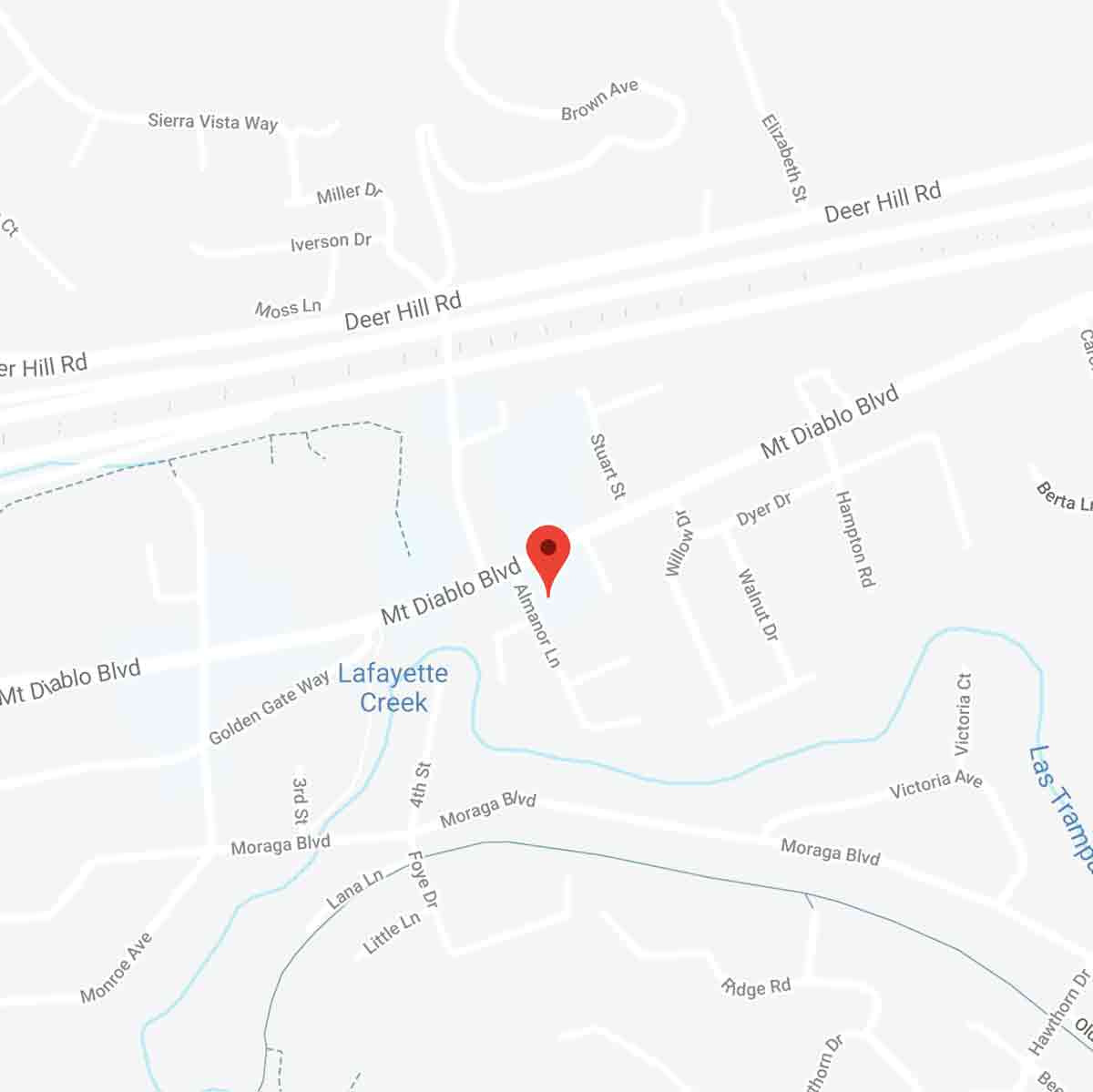It is scientifically proven for music to have a powerful effect on the brain. Modern research shows that music and music lessons can help in many aspects of the brain, including pain reduction, stress relief, memory, and brain injuries.
In the words of John Logan, “Music is the medicine of the mind.” Neuropsychology has confirmed that music does something unique to our brain. It stimulates the brain in a very powerful way because of our emotional connections tied with it.
Unlike brain games, playing an instrument is a rich and compound experience. This is because it makes the brain integrate information from the senses of vision, hearing, and touch, along with fine movements. This much collective use of all senses combined can result in long-lasting changes in the brain.
The following are the very foremost ways in which music can aid in the healing and stimulation of the brain.
Stimulates creativity
We all like to pump up the tunes when we’re working through our to-do lists, right? But when it comes to creative work, loud music may not result in the same way. There are noise levels for different spots of your brain. A moderate noise level is a sweet spot for creativity. Even more than low noise levels, slow noise apparently gets our creative juices flowing, and doesn’t put us off the way high levels of noise do. This happens because moderate noise levels increase processing difficulty which promotes abstract processing, leading to higher creativity. In other words, when we struggle (about enough) to process things as we normally would, we route to more creative approaches. In high noise levels, however, our creative thinking is impaired because we’re overwhelmed and struggle to register and process ideas efficiently. This phenomenon is very similar to how temperature and lighting can affect our productivity, where ironically a slightly more crowded place can be beneficial.
Improves memory
“Music evokes emotion, and emotion can bring memory with it. […] It brings back the feelings of life when nothing else can.” – Neurologist Oliver Sack
Studies linking music to memory recall have improved since the early 20th century when the research first emerged. Listening to certain music can transport your mind back decades in an instant. In 2014, a study was conducted on 89 patients with dementia, where the patient and caregivers were randomly assigned either a 10-week music listening coaching group, a 10-week singing coaching group, or regular care. The results showed when compared with usual care, both singing and music listening improved mood, coordination, and remote episodic memory. Attention and executive functioning and general cognition also improved to a lesser extent. Thus, music listening has positive effects on quality of life.

In 2014, a study was conducted on 89 patients with dementia, where the patient and caregivers were randomly assigned either a 10-week music listening coaching group, a 10-week singing coaching group, or regular care. The results showed when compared with usual care, both singing and music listening improved mood, coordination, and remote episodic memory
Reduces Pain
“I think music in itself is healing. It’s an explosive expression of humanity. It’s something we are all touched by. No matter what culture we are from, everyone immensely loves music.” —Billy Joel
A 2014 study found that music was helpful for humans with fibromyalgia. The study showed that listening to relaxing music of the patient’s choice reduced pain and increased functional suppleness significantly. Researchers consider that music eases the pain because listening to it triggers opioids—the body’s natural pain relievers. In a 2013 research, people given the opioid blocking drug Naltrexone experienced less pleasure while listening to their favorite song, suggesting music stimulates the release of pain-relieving opioids.
Music as natural Panacea
According to studies, it seems that music can heal whatever is ailing you, be it a mental health disorder or neurological disease. Music can relieve the symptoms of mood and mental disorders including anxiety, depression, insomnia, attention deficit hyperactivity disorder (ADHD), post-traumatic stress disorder (PTSD), and schizophrenia. Taking piano lessons or guitar lessons can help bring calmness to such patients.
Music can also help with the psychological aspects of illness and can improve the quality of life in patients with cancer, dementia, Parkinson’s and chronic pain. Furthermore, Medical sciences have now proven that listening to music reduces the stress experienced by patients both before and after surgery. It can efficiently decrease postoperative confusion and delirium that affects some elderly patients while recovering from surgery.
Boosts brain chemicals
One of the ways music affects mood is by electrifying the formation of the neurotransmitter dopamine. It is the brain’s “motivation molecule” and an integral part of the pleasure-reward system. Dopamine is the same brain chemical responsible for the feel-good states obtained from eating chocolate, orgasm, and runner’s high. Interestingly, you can further increase dopamine by listening to a shuffled playlist. As one of your favorite songs unexpectedly comes up, it triggers a small dopamine boost. However, playing music with others or enjoying live music stimulates the brain hormone called oxytocin. This one is known as the “trust molecule” and the “moral molecule” since it helps us bond and trust others. It is evident that the oxytocin bump experienced by music lovers can make them more generous and trustworthy.
Playing music with others or enjoying live music stimulates the brain hormone called oxytocin. This one is known as the "trust molecule" and the "moral molecule" since it helps us bond and trust others

Music Therapy
The music people listen to for “recreational purposes only” also has a number of brain benefits. Music can calm the brain in ways healthier than drugs. As psychotherapists deal with a person’s psychic problems, similarly music therapists are trained to use music therapeutically to address their patients’ physical, emotional, cognitive and social needs. Music therapy has proven beneficial for treating people with autism, chronic pain dementia, Alzheimer’s, emotional trauma, and a variety of other mental disorders including depression. It is also said to help patients with an improved mood, concentration and motivation levels, and decreased anxiety, anger, frustration, and stress disorders.
To conclude, Neuroscientists can now see that music affects each person’s brain differently. One person’s music can be another person’s noise, as any parent of a teenager can confirm! By using functional magnetic resonance imaging (fMRI), researchers have found that listening to music you like increases blood flow to the brain and brain connectivity. However, the number of areas in the brain activated by music depends on one’s musical background and tastes. Research approves that the best type of music to increase focus and productivity should first and foremost be music you enjoy.
Ready to play?
You can take private music lessons at any age, level, and understanding of music here at ModernTone Studios. Choose between in-person sessions at our Bay Area music studio or play in the comfort of your own home through live remote lessons. Wherever you want to be and however you want to learn, come unlock your full musical potential and be the kind of musician you always wanted to be.
Let's Talk
Drop us a line and let us know what you are thinking. We typically respond in minutes, but it can take up to 24 hours when things are super busy.





